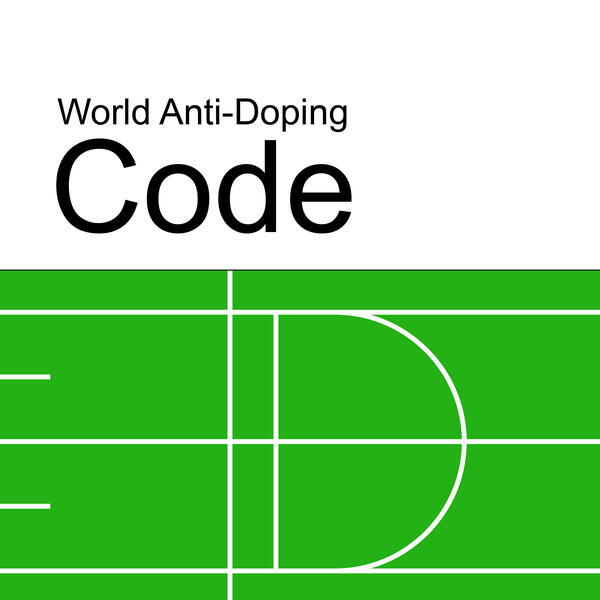Releases
The WADA-accredited Tokyo anti-doping laboratory: operating around the clock to safeguard the integrity of the Games
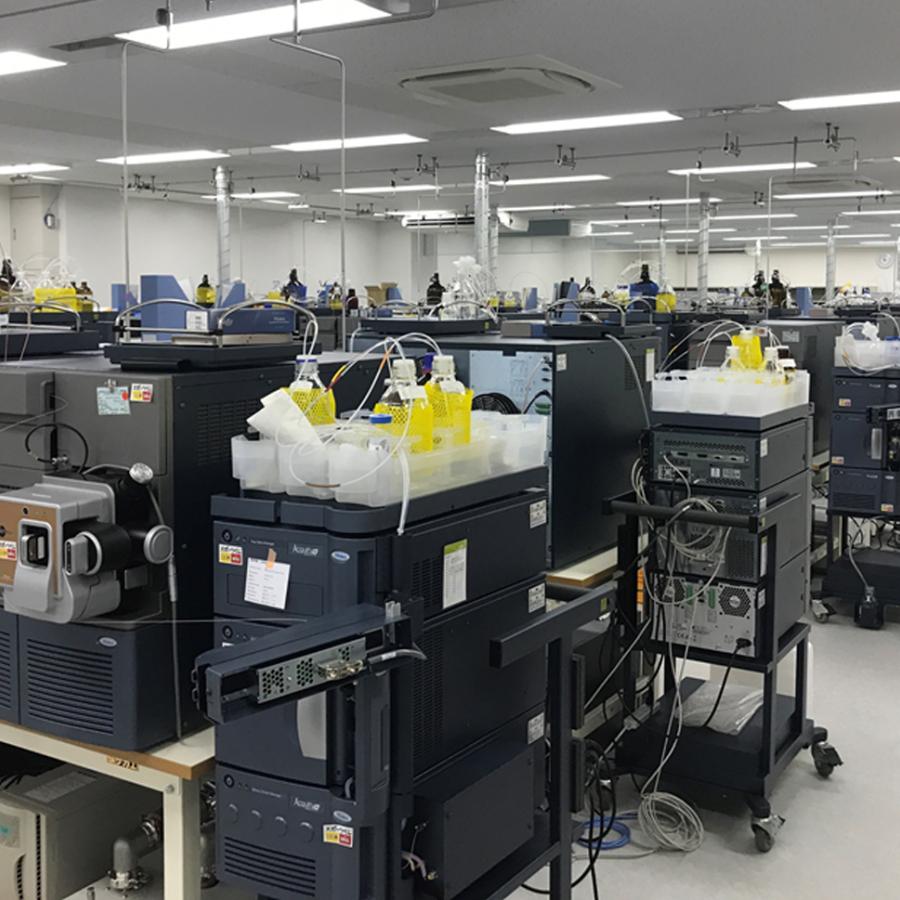
With the Tokyo 2020 Olympic Games now fully underway, and the Paralympic Games soon to follow, the World Anti-Doping Agency (WADA)-accredited Tokyo laboratory is operating twenty-four hours a day, seven days a week, to analyze athlete samples and safeguard the integrity of the Games.
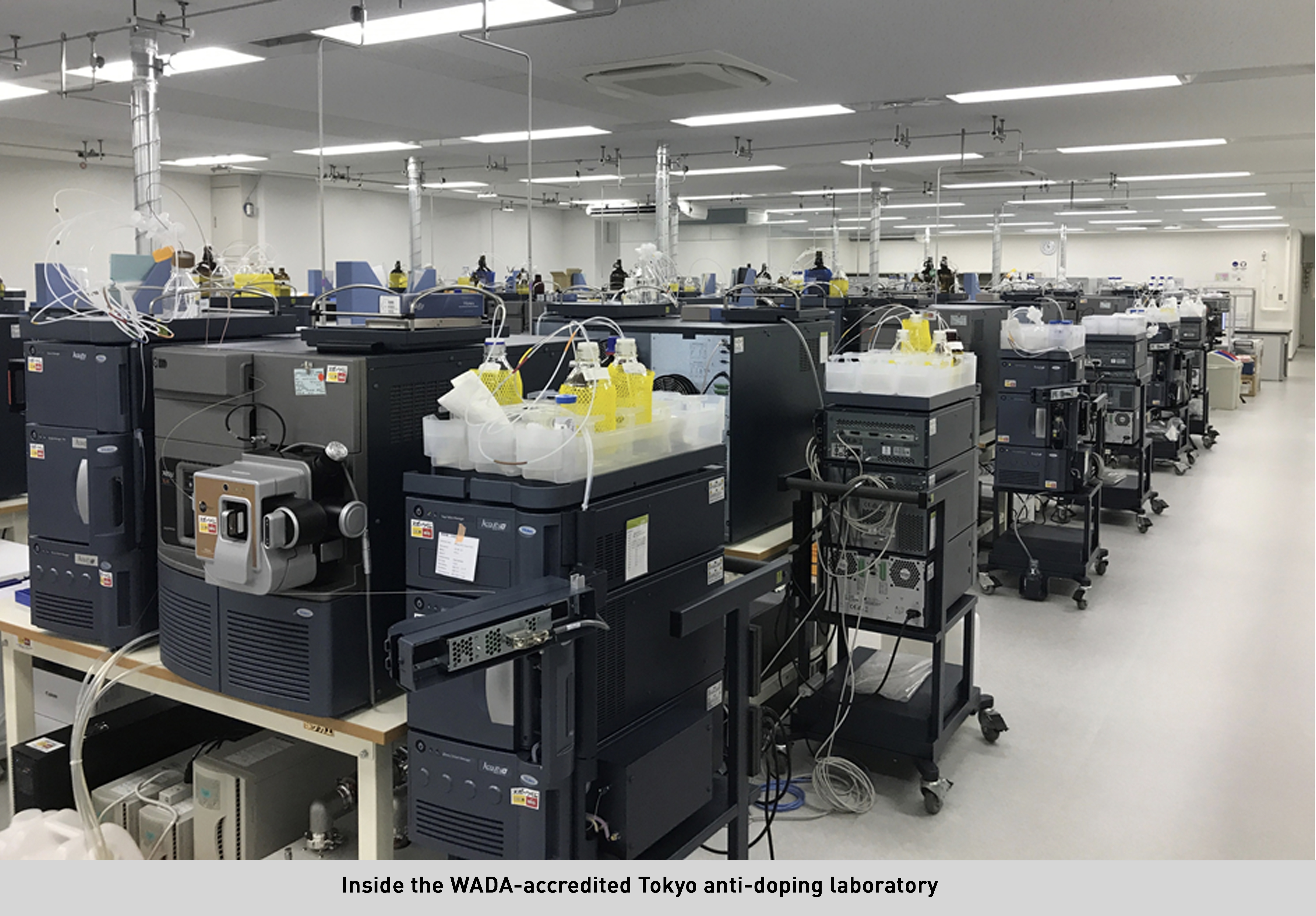
The Japanese authorities ensured that the brand-new, state of the art, laboratory possessed the latest equipment capable of analyzing and detecting prohibited substances and methods based on WADA’s 2021 List of Prohibited Substances and Methods. In addition, WADA laboratory experts made several visits to the laboratory in the lead up to the Games. Specifically, in November 2019, experts conducted a technical assessment of the laboratory’s Games preparation, which was followed by a visit of WADA’s Laboratory Expert Advisory Group that held a meeting in Tokyo. Then, in June 2021, WADA experts carried out a second technical inspection to ensure that the laboratory was operating in compliance with the Agency’s 2021 International Standard for Laboratories (ISL) and its related Technical Documents and Technical Letters.
During Games time, the local laboratory staff of approximately 130 is analyzing far more samples over a short period of time than is typical for a WADA-accredited laboratory. They are supported by as many as 50 scientific experts from around the globe, which have a deep understanding of anti-doping and the unique set of analytical and operational challenges facing a laboratory during the Games. The laboratory also benefits from the presence of WADA’s Independent Observer Team (IO Team); which includes WADA’s Senior Associate Director, Laboratories, Dr. Osquel Barroso, who is on-hand to observe and support, if needed, the laboratory’s operations in collaboration with the laboratory Director, Dr. Masato Okano.
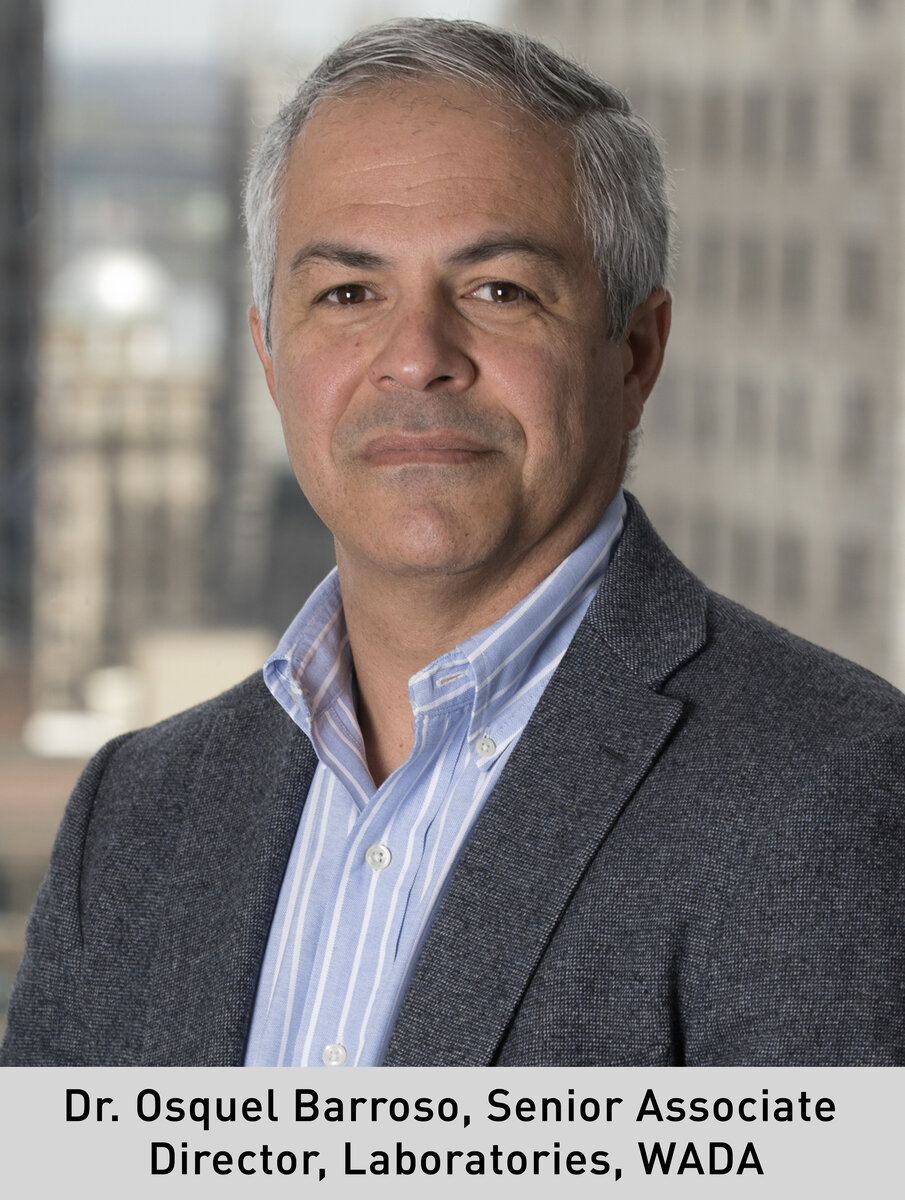
Dr. Barroso said: “WADA and the Tokyo laboratory have worked very closely together over the last few years to ensure that the laboratory would be ready. While the COVID-19 pandemic added some challenges, now that the Olympic Games are underway, we at WADA are pleased to observe the high-quality operations being carried out by the laboratory. There is a very competent local team in place that is supported by scientific experts from around the globe. Together, they are working around the clock to safeguard the integrity of the Games.
“WADA is also pleased to be collaborating with our Tokyo laboratory colleagues to apply gene doping testing for the first time at an Olympic and Paralympic Games; and, to assess the implementation of this new analytical method, which will be reported upon within the Independent Observer Report published after the Games.”
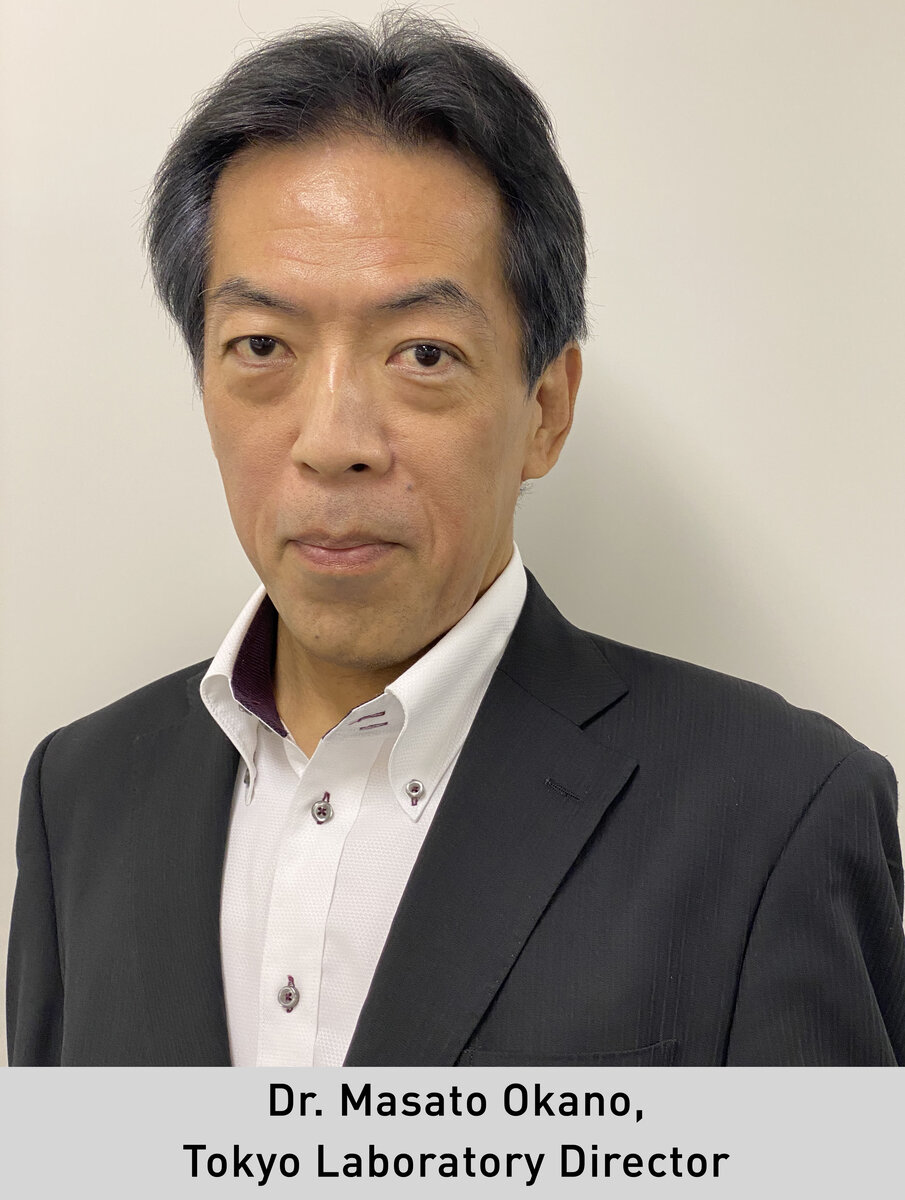
Dr. Okano said: “We are grateful to WADA for the close collaboration that we have had over the last few years, and in the lead up to the Games, to ensure that we have everything in place to implement a robust and streamlined anti-doping operation in the Tokyo laboratory. The investment that has been made in the laboratory by the local authorities, along with the support that we have received from WADA and international experts, ensures high-quality sample analysis during these Games. As part of the Tokyo Olympic Games legacy, the new instruments and equipment will remain in place. This will allow the laboratory to remain one of the top anti-doping laboratories in the world for years to come.”
About WADA-accredited Laboratories
WADA is responsible for accrediting and re-accrediting anti-doping laboratories, thereby ensuring that they maintain the highest quality standards. When a laboratory does not meet ISL requirements, WADA may suspend or revoke the laboratory’s accreditation. This monitoring role is conducted in conjunction with ISO/IEC 17025 assessment by independent national accreditation bodies that are full members of the International Laboratory Accreditation Cooperation (ILAC).
Find out more about WADA-accredited Laboratories here.
